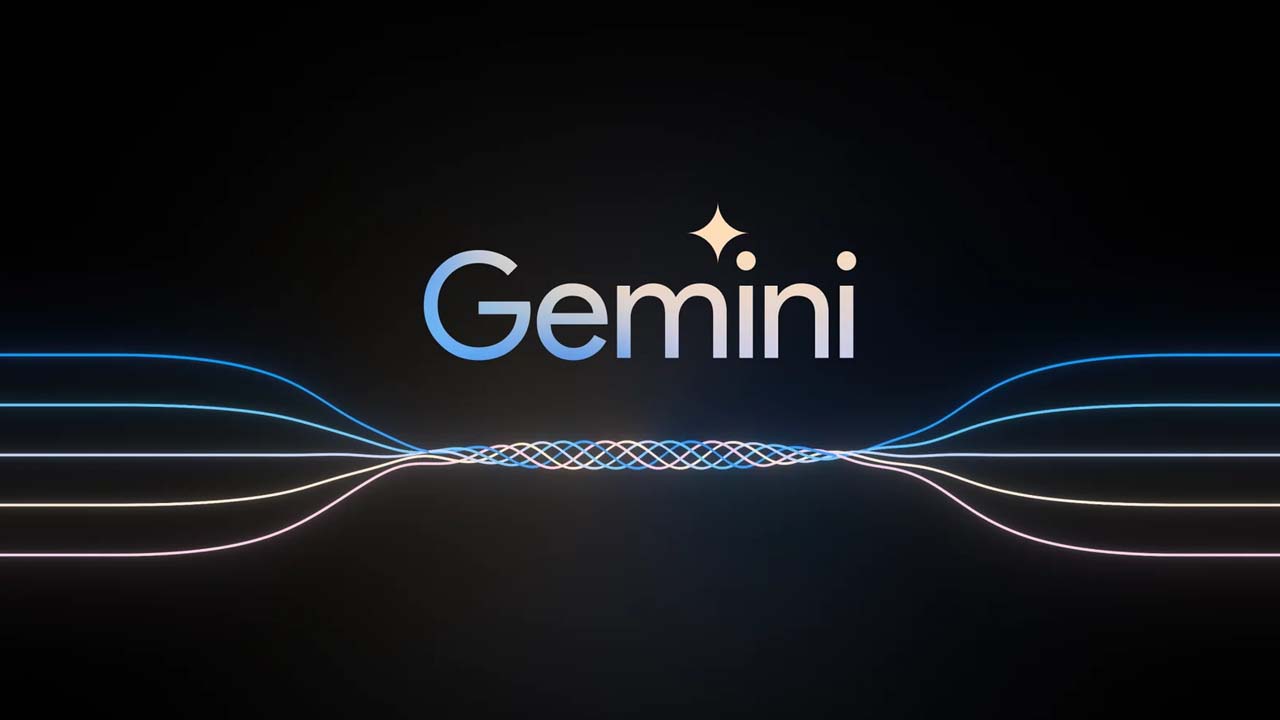Enterprise
Globe baits prepaid users with no-contract data plans

Globe Telecom just announced a set of no-contract data plans for smartphones (and tablets with SIM slots), starting at P600 per month for 500MB of data and going up all the way to P3,000 monthly for 20GB of data, among other perks.
And before you get too excited, neither of the plans include a mobile device, meaning you only get a SIM card and, presumably, some documentation upon signing up.
This isn’t Globe trying to be America’s T-Mobile and going the “Uncarrier” route; rather, it is the most predictable course of action after seeing smartphone prices plunge to a record low. In the Philippines, locally branded Android phones can cost as low as P900, or $20, while feature phones with Internet access go for less.
And with prices expected to fall further, now isn’t the time to be locked in to a carrier. Unless, of course, you’re doing it to score the latest flagship phone from Apple or Samsung. (Not that we encourage you to buy something you can’t afford in the long term.)
But to be fair, Globe has laid out some pretty convincing reasons to get prepaid customers and would-be smartphone owners to change their spending habits and agree to a postpaid agreement without attachments.
Besides offering twice the monthly data allowance compared to existing plans, all no-contract offers come with free calls and texts to Globe and TM subscribers, plus free SMS to all local networks.
Baiting customers with cheap data plans with more data and no lock-ins is a good strategy, especially now that there’s been a lot of talk about Internet speeds in the Philippines.
At best, no-contract plans establish a win-win relationship between Globe and its subscribers: For the telecom company, there’s the potential to convert its massive customer base into monthly paying customers; on the flip side, anyone unhappy with the service can opt out at any time.
[irp posts=”9513″ name=”Globe Prepaid Home WiFi review”]


The ongoing trade war between the United States and China is putting a lot of companies out of business in one country. While all eyes are currently on America’s crusade against TikTok, China has launched a salvo of its own. The country has started banning AMD and Intel, starting with government devices.
Recently, as reported by the Financial Times, China has introduced a new rule that bans American chipsets and servers from government agencies. The new ban includes AMD, Intel, and Microsoft Windows.
In lieu of the now-banned brands, Chinese government agencies must use approved brands from a list of 18 Chinese manufacturers. Unsurprisingly, the list includes Huawei, another brand involved in the ongoing trade war. (Huawei is still banned on American soil.)
As with bans from America, China’s latest rules stem from a desire to implement national security. Both countries allege that using brands from the opposing side will open a potential avenue for transferring classified information.
Currently, the ban against the American chipsets are only affecting government devices. However, if it follows the same trajectory as Huawei and TikTok in the United States, a government-only ban might soon lead to an all-out ban on consumer devices. As TikTok is currently hanging in the balance, it’s unlikely that the trade wars will cool down anytime soon.

So far, Apple’s greatest enemy has been the European Union. Months and months of claiming that the company engages in anti-competitive practices, the region has successfully caused Apple to drastically change a lot of things about the iPhone including the Lightning cable. Now, a new challenger wants Apple to answer for its supposed grip on the industry: the United States government.
Today, the Department of Justice is officially suing Apple for supposedly monopolizing the smartphone industry and stifling competition. The lawsuit alleges that Apple’s lineup of products prevent users from trying out other brands. For example, Apple limits how well a third-party smartwatch works on an iPhone, pushing users to go for an Apple Watch instead.
The lawsuit also includes an important pain point in Apple’s fight in Europe. It says that the company makes it difficult for iPhone users to communicate with Android users (and vice versa). Late last year, the company already committed to supporting RCS as a messaging standard, finally easing communication between the two systems. Their adoption has yet to arrive, though.
Though not as stringent as Europe, the American government is no slouch when it comes to questioning its own companies for pursuing anti-competitive practices. In the past, it went through Google and Spotify to protect the interests of its citizens. The lawsuit against Apple is no different, gathering signatures from sixteen states.
For Apple’s part, the company aims to get the case dismissed, alleging the lawsuit’s unfair scope of just the American people when it targets the entire world.
SEE ALSO: Apple opens first Developer Center in Southeast Asia

With how technology is these days, it’s no surprise that the next big thing is always just over the horizon. However, these developments often happen year after year. Today, artificial intelligence is strapping a rocket to this already fast trend. Only a few months since the launch of Gemini, Google has already launched its successor, Gemini 1.5.
Launched only recently, Gemini is a marvel in itself. Prior to the model, Google was already a force in the AI world with Bard. Gemini takes the former model and improves an already impressive service. Currently, users — both in business and for personal use — can subscribe to the service.
Today, Google has confirmed that Gemini 1.5 is official. The company is touting how much more impressive the new version is, compared to its predecessor. For one, Gemini 1.5 Pro is just as powerful as the current Gemini Ultra, beating the latter on 87 percent of tests. The new version is reportedly more efficient in allocating only the necessary resources for queries, rather than the entire model.
Despite allocating resources, Gemini 1.5 can handle a million tokens at a time. For reference, Gemini Pro can only handle 32,000 tokens at a time. Basically, the new version can parse through a humungous chunk of data all at once without batting a digital eye. (Google is claiming that capabilities for 10 million tokens is nearing, too.)
If you want to see what a million tokens in the palm of your hand feels like, Gemini 1.5 is already available for developers and business users. However, a wider rollout is still coming soon.
-

 Accessories2 weeks ago
Accessories2 weeks agoApple Vision Pro Review: Two Months Later
-

 Features5 days ago
Features5 days agoFortify your home office or business setup with these devices
-

 Gaming1 week ago
Gaming1 week agoThe Rogue Prince of Persia looks like an ultra-colorful roguelite
-

 Events1 week ago
Events1 week agoStellar Blade: PlayStation taps cosplayers to play Eve for game’s launch
-

 Gaming1 week ago
Gaming1 week agoStar Wars Outlaws release date revealed
-

 Accessories1 week ago
Accessories1 week agoLogitech unveils G Pro X 60 gaming keyboard: Price, details
-

 Philippines2 weeks ago
Philippines2 weeks agovivo Y100 to release in Philippines on April 27
-

 Deals2 weeks ago
Deals2 weeks agoSamsung Awesome April: Deals on Galaxy A series

























